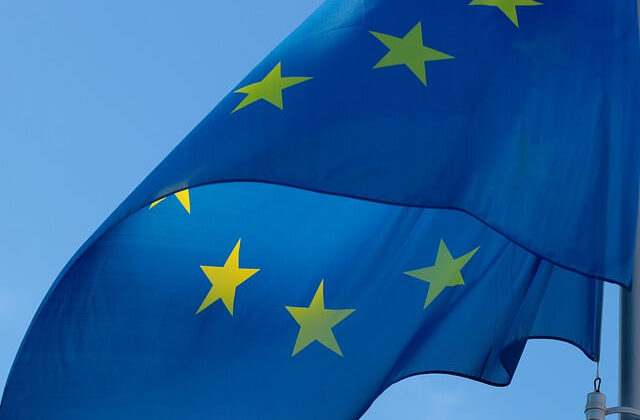In her opening address, Margaret Chan, WHO Director General mentioned amongst the successes the development of new vaccines to fight meningitis, pneumonia and diarrhoea and progress in the fight to HIV/AIDS, tuberculosis, malaria and other preventable diseases. Those improvements are partly the result of ‘the recent efforts so many Member States and development partners have made to strengthen health systems’ she said. While, today (May 19) 16 countries announced new commitments to reduce maternal, newborn and child mortality, as part of the Global Strategy for Women’s and Children’s Health.
Civil society in the health sector is asking for an essential reform of WHO to be framed around the health needs of people instead of being centred upon its financial crises. In its letter addressed to WHA delegates, the People Health Movement states that ‘WHO is also suffering from a crisis of identity and legitimacy; its role and mandate have been diluted and usurped by the proliferation of new actors in the field of global health. Inefficiencies within the organisational processes remain unresolved.’
Amongst the many initiatives, the World OPEN Health Assembly (WOHA) is leading the discussion around global health and the right to health on social media, to provide an amplifier for the voices of people on the ‘bottom’ to be heard at the ‘top’. This is the first step of the Million Message March to the UN, which will conclude on Human Rights Day, on 10th of December 2011.
AfGH will be in Geneva this Thursday and Friday to follow some of the events programmed. In particular we’ll be following up on the issue of the global health workforce crisis and the implementation of the Code of practice on the International Recruitment of Health Personnel approved by the WHA this time, last year.
With reference to the Resolution R.12 ‘Strengthening national policy dialogue to build more robust health policies, strategies and plans’ we are calling on member states delegates to:
- Ensure the IHP+ develops a strong, robust and well-resourced work plan for 2012-2015 to increase the implementation of Paris Principle and Accra Agenda for Action and continues to expand its membership and field implementation
and on donor countries to:
- Ensure that the JANS process leads not only to stronger and more robust national health plans, but also leads to concrete long-term and predictable financial commitments, delivered in a harmonized way that will enable developing country governments to deliver their health plan in such a way as to ensure universal access to health care.





Leave a Reply